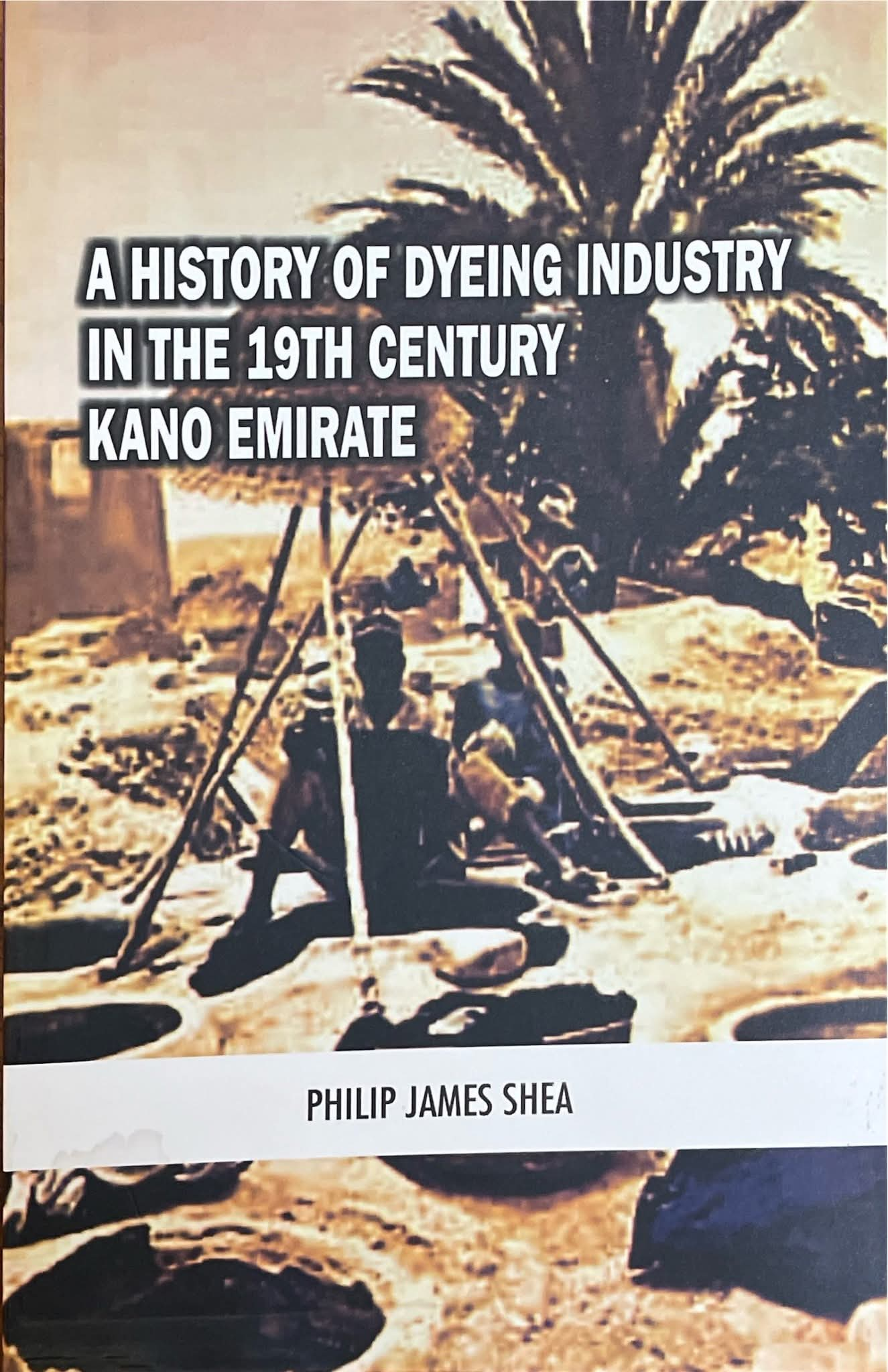Kano Economic History from Beyond | Philip Shea’s Magnum Opus

Called from Prof. Abdallah Uba Adamu facebook
The late Professor Philip James Shea (1945-2006) was a notable and erudite scholar, as well as a renowned, distinguished and outstanding Economic Historian who spent the major part of his life in Northern Nigeria, particularly in Kano. He was often seen wandering with great curiosity i many Kano markets. He remains one of the three towering intellectuals who shaped our understanding of the historiography of Kano in all angles. Together with John Lavers and Murray Last, these “modern” historians, using their incredible access to vast international resources and connections, have given us so much by way of extensive research into Kano, Islam and the Fulani Jihad. Shea died on Wednesday, April 5, 2006 and was buried at the Raccah Cemetery in Kano. He left behind a legacy of world-class scholarship and research culture in Nigeria.
Philip Shea received his PhD at the University of Wisconsin, United States in 1975. The title of the thesis was “The Development of an Export Oriented Dyed Cloth Industry in Kano Emirate in the Nineteenth Century.” It is one of the most cited works on dyeing and textiles in Nigeria, and the fundamental reference in discussions on textile practices in Africa.
Now, after 40 years, this remarkable and outstanding doctorate thesis has been published as “A History of Dyeing Industry in the 19th Century Kano Emirate” (Aboki Publishers, 2025). Edited by his former students in the Department of History Bayero University Kano, they only adapt the dissertation to a book format, leaving the entire contents as it was, and of course, authored by Philip James Shea. As the blurb says,
“Most scholars who researched and wrote on African Economic history have avoided the questions about production or inadequately analyzed them based on assumptions and generalization. This book chronicled and interrogated the issues relating to how goods, for consumption and trade, were produced, and the limitations for the expansion, opportunities and changes that resulted from the productive system. The study of the economic history of Hausaland and its rich variety of crafts and economic activities have shown changes such as migration, shifting trade routes, kaleidoscopic patterns of investment. technological development, social organization, economic life, varied aspects of culture, ethnic and occupational mobility, and changes in the standard of living. Finance and credit, investment, marketing of raw materials, the role of government and taxation, labour supply and organization, and patterns of production were central in the economy of Hausaland, particularly the renowned and sophisticated Kano textiles industry.
“The fundamentals of economic success among the Hausa in the cloth dyeing industry were brought about by internal dynamics, gradual innovation, capital investment risks, and more efficient production. The city of Kano has in the last 200 years been the centre of commercial and industrial activities in Northern Nigeria. Kano economic tentacles reached as far as Senegal, and the grassland of Bamenda in Western Cameroon. The complex commercial and economic relations between Kano and other parts of West Africa are covered in this pioneering work that systematically studied the city and its economic operations. The study of the dyed-cloth industry in Kano Emirate in the 19th century and the central Sudanese silk trade provides the knowledge of the African textile industry. This book will read long into the future, perhaps long after the famous dyed-cloth and all its expertise has died out.”
Now the painful part. To obtain this book, you actually have to use an outdated economic system called “money” to have it. No, absolutely, definitely, undeniably, NO Acibilisian PDF, ecopy, or “here is my email, maisonbanza@gmail.com” requests. You just have to BUY it. All inquiries to Dr. Kabiru Isah Haruna on +2348034411573. You can swap your promissory notes of ₦5,000 for a copy.
With a nice cup of cardamon-enriched Turkish coffee, I am about to dive into my own copy.
Alaji, Kano duniya ce, Wallahi. When a man is tired of Kano, he is tired of life.

